Crypto Exchange Risk Checker
Assess Exchange Compliance Risk
This tool helps identify red flags that may indicate an exchange is non-compliant with regulations or used for evasion. Based on information from the article about risks of using multiple crypto exchanges to avoid restrictions.
Many people think using multiple crypto exchanges is just a smart way to get around limits-like trading caps, regional bans, or slow withdrawals. But what looks like a workaround can quickly turn into a legal minefield. In 2025, regulators aren’t just watching-they’re prosecuting. If you’re switching between platforms to dodge rules, you’re not just taking a risk. You’re playing a game where the house always wins.
How Multiple Exchanges Are Used to Bypass Rules
People use several exchanges for different reasons. Some want better prices. Others need access to coins not available on their main platform. But when the goal shifts from convenience to evasion, things get dangerous. One common trick is using nested exchanges. These aren’t full platforms-they’re middlemen. You deposit crypto with them, and they trade on your behalf using accounts on bigger exchanges like Binance or Coinbase. It sounds simple, but here’s the catch: nested exchanges often skip KYC (Know Your Customer) checks. That means they don’t verify who you are. And that’s exactly why criminals use them. Another method is hopping between exchanges that don’t follow sanctions. If you’re in a country under U.S. or EU sanctions, you might use a platform based in Russia, North Korea, or another unregulated region. These exchanges don’t care if your funds came from a hacked wallet or a ransomware payment. They just process the trade. Then there are decentralized exchanges (DEXs) like Uniswap or PancakeSwap. Since they run on blockchain code and have no central team, governments can’t shut them down. That makes them perfect for moving money without leaving a paper trail. But here’s the reality: if you’re using a DEX to bypass sanctions, you’re not just avoiding rules-you’re breaking them.The Grinex Case: When Evasion Becomes a Crime
In March 2025, the U.S. Treasury’s Office of Foreign Assets Control (OFAC) took down a new crypto exchange called Grinex. It wasn’t some shady startup. It was built by the same team behind Garantex, a major exchange that had just been sanctioned. Grinex’s entire purpose? To take Garantex’s customers and their funds-and keep them moving. Grinex didn’t hide what it was doing. Its website openly said it was created because Garantex got frozen. Within weeks, it processed over $2 billion in transactions. That’s not a coincidence. That’s a business model built on evasion. The U.S. Secret Service didn’t just freeze accounts. They arrested people. They seized servers. And they sent a message: if you build a platform to help others evade sanctions, you’re not a fintech entrepreneur-you’re a target.Why Your Funds Aren’t Safe on Non-Compliant Exchanges
Using multiple exchanges might feel like spreading risk. But in reality, you’re increasing it. Nested exchanges don’t hold your crypto in your name. They hold it in their name. If they get hacked, shut down, or seized by authorities, your money vanishes. No refunds. No customer support. No legal recourse. And it’s not just about theft. If you deposit funds from a source that later gets flagged-say, a wallet linked to a darknet market-you become part of the investigation. Even if you didn’t know the money was dirty, regulators can still freeze your accounts on compliant exchanges. Your entire crypto history gets tied to a criminal case. The irony? The more you try to hide, the more you stand out. Blockchain is public. Every transaction leaves a trail. Tools like Chainalysis and Elliptic can track money across dozens of exchanges-even if you use privacy tools. Regulators don’t need to know your identity. They just need to prove the money moved through a sanctioned entity.
Red Flags That Tell You You’re on a Risky Platform
Not all multi-exchange setups are illegal. But here’s how to spot the dangerous ones:- Instant trading with no KYC - If you can trade $10,000 worth of Bitcoin without ID, that’s a red flag. Legit platforms take days to verify users.
- No public team or address - If you can’t find who runs the exchange, or if their ‘office’ is a PO box in a tax haven, walk away.
- Only accepts crypto deposits - Real exchanges let you deposit fiat (USD, EUR, GBP). If they only take crypto, they’re avoiding banking oversight.
- Offers coin-swap services - These are chat-based trades with strangers. No sign-up. No records. Just a Telegram link. That’s how ransomware gangs clean money.
- Supports obscure tokens tied to sanctioned countries - Like A7A5, a ruble-backed token created to bypass sanctions. If you’ve never heard of it, and it’s not on CoinMarketCap, don’t touch it.
What Regulators Are Doing About It
The SEC and OFAC aren’t waiting for problems to grow. In 2025, the SEC made it clear: if a platform brings together buyers and sellers using automated rules, it’s an exchange-and it must register. That means even decentralized platforms can be targeted if they act like centralized ones. OFAC now requires all crypto firms to run automated screening tools that flag transactions linked to blacklisted wallets. If your deposit comes from a wallet that sent money to Grinex-even once-you’ll get flagged. Your bank might freeze your account. Your exchange might suspend you. And it’s not just the U.S. The EU, UK, Singapore, and Australia are all tightening rules. Cross-border cooperation is faster than ever. A platform banned in the U.S. today might be blocked in the UK by next month.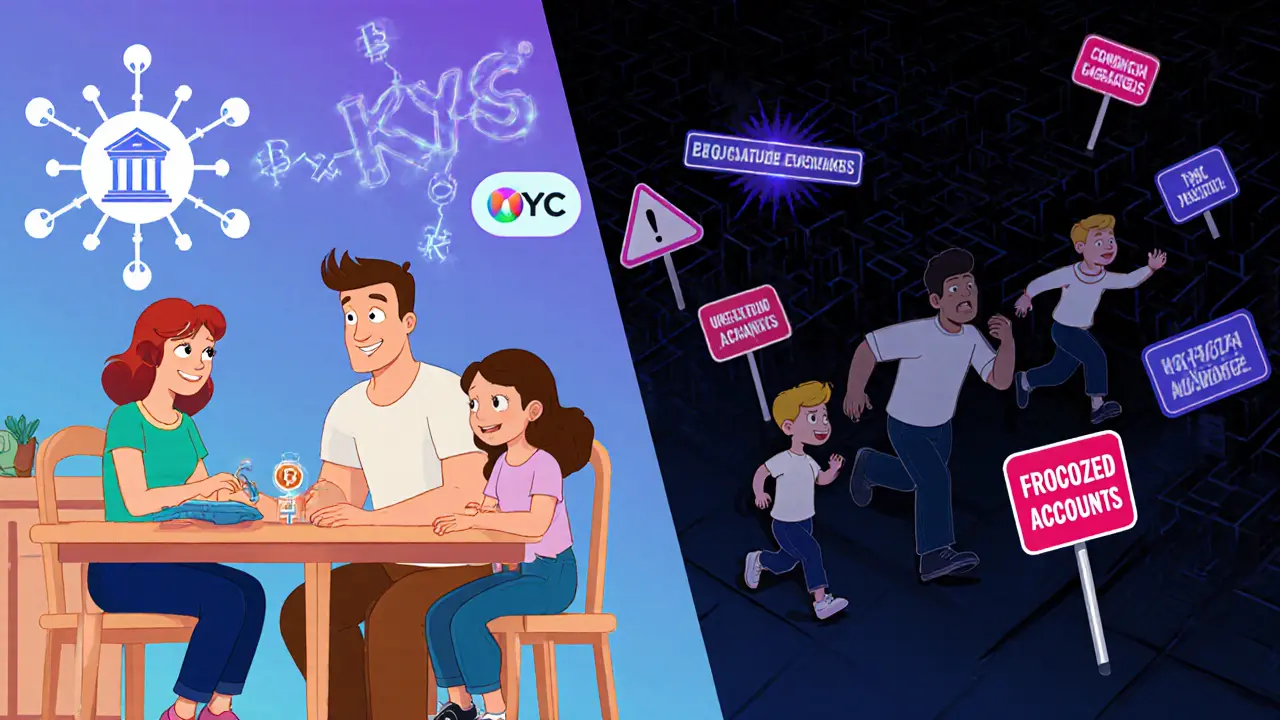
Legitimate Reasons to Use Multiple Exchanges (and How to Do It Right)
You don’t have to break the law to use more than one exchange. Here are legal, safe ways:- Arbitrage - Buy Bitcoin on Exchange A where it’s cheaper, sell on Exchange B where it’s pricier. This is normal market behavior. Just report your gains.
- Liquidity access - Some altcoins only trade on smaller platforms. Use them, but keep most funds on regulated ones.
- Backup access - If one exchange goes down, you can still trade on another. But always use KYC-compliant platforms.
What Happens If You Get Caught
There’s no warning. No first-time offense clause. If regulators link you to a sanctioned exchange, you could face:- Freezing of all your crypto and fiat accounts
- Legal fines (up to $1 million per violation in the U.S.)
- Criminal charges for violating sanctions
- Being added to global watchlists, making it hard to open bank accounts anywhere
Bottom Line: It’s Not Worth It
Using multiple crypto exchanges to avoid restrictions sounds clever. But in 2025, it’s a high-stakes gamble with no upside. The tools to track you are too advanced. The penalties are too severe. And the platforms you think are safe? They’re already under investigation. If you need better prices, more coins, or faster withdrawals-use regulated exchanges. If you’re blocked in your country, find a legal way to access services. Don’t risk your freedom for a few extra dollars. The crypto world is changing. The rules are getting stricter. The enforcement is real. The only smart move now is to play by them.Is it illegal to use multiple crypto exchanges?
It’s not illegal to use more than one exchange. What’s illegal is using them to evade sanctions, hide money from regulators, or bypass KYC rules. If you’re trading openly, reporting taxes, and using compliant platforms, you’re fine. If you’re hiding your identity or moving money through unregulated layers, you’re breaking the law.
Can I get in trouble even if I didn’t know the money was dirty?
Yes. Regulators don’t need to prove you knew the money was illegal. If your funds came from a wallet linked to a sanctioned entity-even through several transfers-you can still be flagged. Your accounts may be frozen, and you’ll have to prove the source of your funds, which is often impossible if you used a nested exchange.
What’s the difference between a nested exchange and a regular one?
A regular exchange holds your crypto in your name and requires KYC. A nested exchange holds your crypto in its own name and often skips KYC. You’re not trading directly-you’re trusting someone else to trade for you. That means you lose control, transparency, and legal protection.
Are decentralized exchanges (DEXs) safe for avoiding restrictions?
No. While DEXs don’t require KYC, using them to evade sanctions is still illegal. Governments can’t shut down DEXs, but they can freeze your wallet if it’s linked to a blacklisted address. Plus, many DEXs now integrate with compliance tools that flag suspicious activity. You’re not invisible-you’re just harder to trace, which makes you a bigger target.
How do regulators track crypto across multiple exchanges?
Blockchain is public. Every transaction is recorded. Tools like Chainalysis and Elliptic use AI to follow money across dozens of exchanges, even when it’s swapped between coins. They don’t need to know your name-they just need to see the pattern: money moves from a sanctioned wallet → to a DEX → to a nested exchange → to a regulated exchange. That pattern triggers an alert.
What should I do if I’ve already used a non-compliant exchange?
Stop using it immediately. Move your funds to a regulated exchange that requires KYC. Keep records of all transactions. If you’re unsure whether your funds are flagged, consult a crypto-savvy lawyer. Don’t wait for a freeze or notice-act now. The sooner you clean up, the less risk you face.
Can I still trade crypto if my country bans it?
It depends. Some countries ban crypto entirely. Others ban specific services. If your country bans exchanges, using foreign platforms is risky and may violate local law. Even if you use a VPN, your bank account or payment method might still be tied to your location. The safest path is to follow your country’s rules-or move to a jurisdiction that allows it legally.



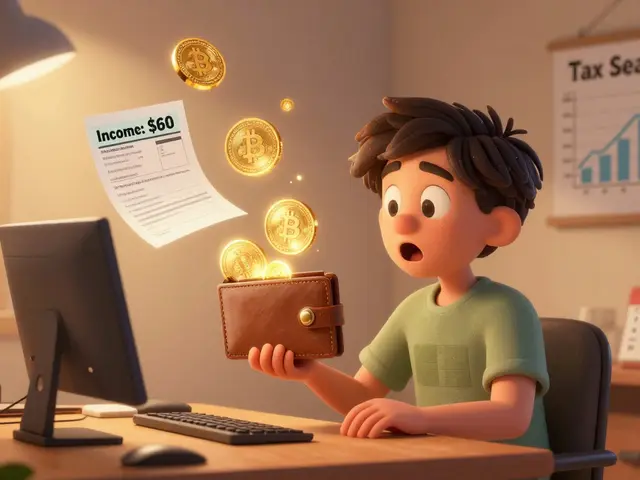
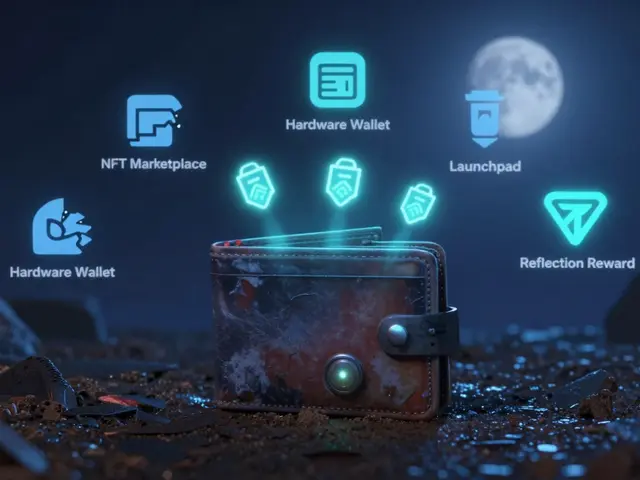
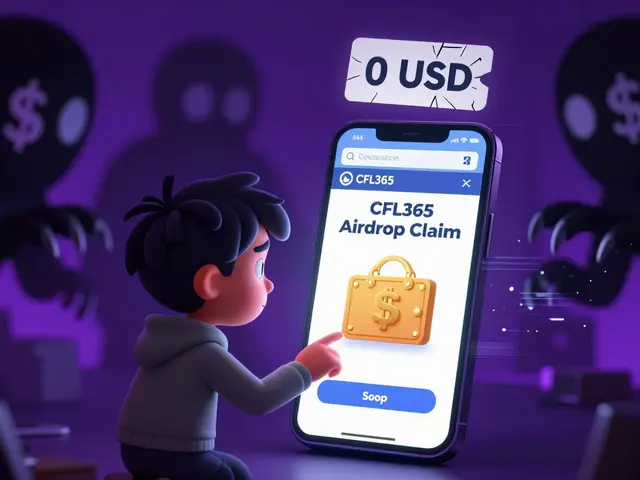
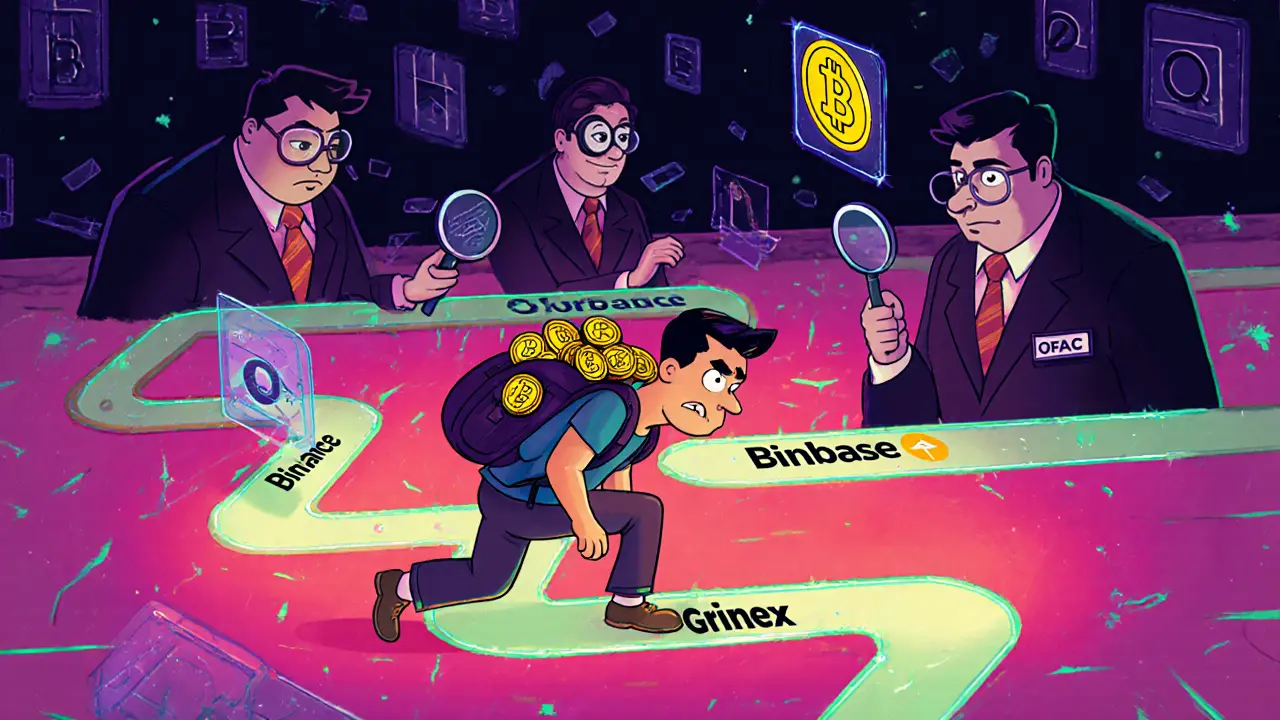
Write a comment